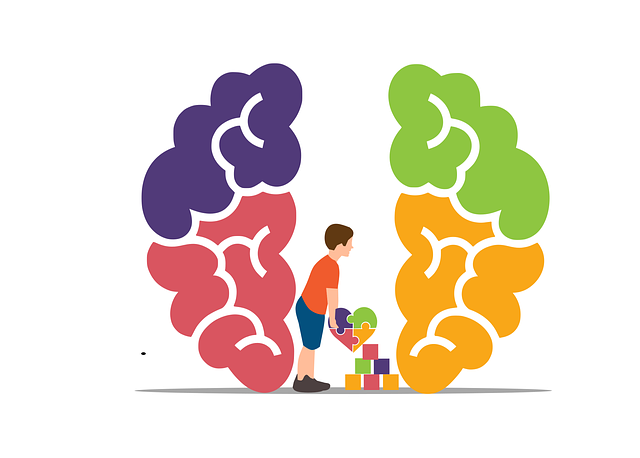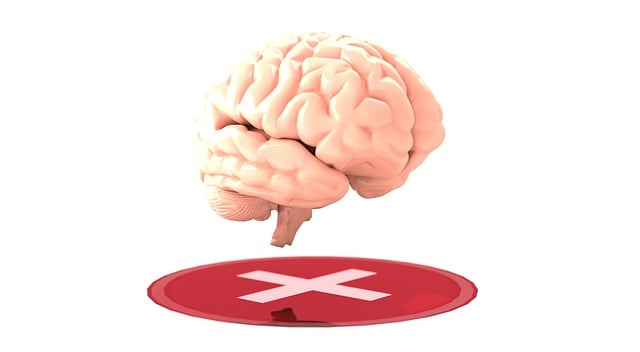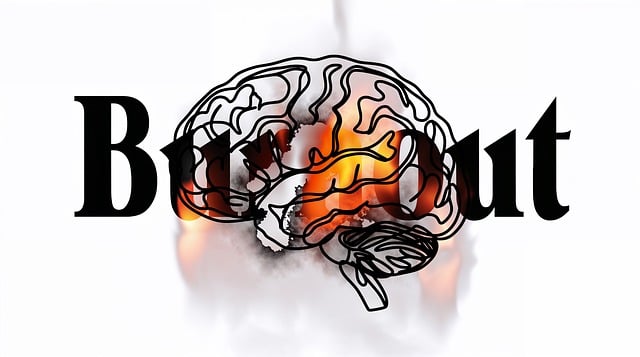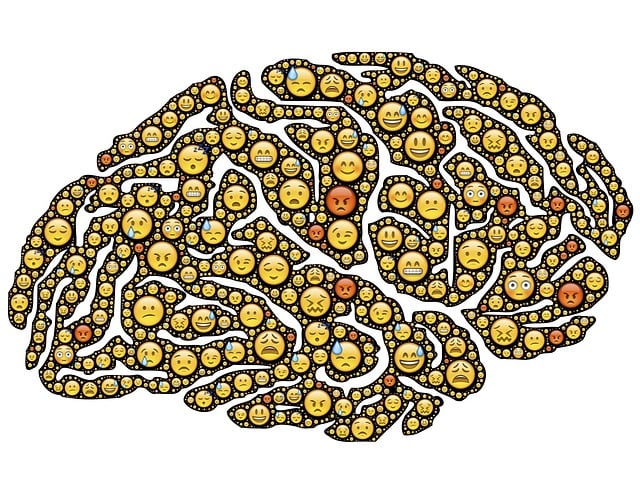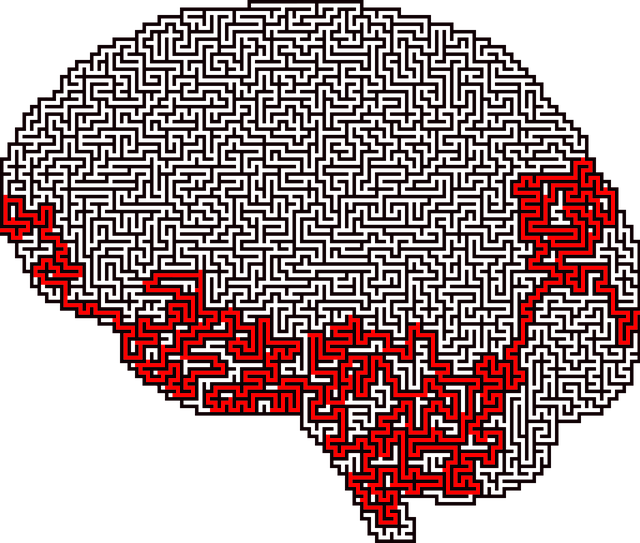Crisis Intervention Teams (CITs), comprising social workers, therapists, and law enforcement, play a vital role in child welfare by swiftly responding to crises involving children with sexual dysfunction. Their specialized training equips them to provide immediate support, conduct risk assessments, and employ de-escalation techniques. Key components of effective CIT training include comprehensive programs focused on therapy for young children with sexual dysfunction, integrating evidence-based practices and continuous learning through workshops, webinars, and podcasts. This ensures teams stay updated and resilient when addressing sensitive issues, fostering emotional intelligence, and promoting long-term mental health.
Crisis intervention teams (CITs) play a vital role in child welfare, providing immediate support during emergencies. This article explores CIT training programs, focusing on their essential components for effective response. We delve into the unique challenges of sexual dysfunction in young children and why specialized training is crucial for professionals. By understanding the importance of these programs, we can enhance therapy for young children experiencing sexual dysfunction, ensuring they receive prompt and competent care during crises.
- Understanding Crisis Intervention Teams and Their Role in Child Welfare
- The Importance of Training for Effective Sexual Dysfunction Support in Young Children
- Key Components and Best Practices for Crisis Intervention Team Training Programs
Understanding Crisis Intervention Teams and Their Role in Child Welfare

Crisis Intervention Teams (CITs) play a pivotal role in child welfare, especially when addressing issues like therapy for young children with sexual dysfunction. These specialized teams are designed to swiftly respond to crises involving children and families, offering immediate support and assessment. CIT members, often comprising social workers, therapists, and law enforcement officers, work collaboratively to ensure the safety and well-being of vulnerable children. Their training equips them with crucial skills in crisis management, risk assessment, and de-escalation techniques, enabling effective interventions.
Beyond direct crisis response, CITs foster emotional intelligence by helping young clients understand and manage their emotions during traumatic events. Cultural sensitivity in mental healthcare practice is another key aspect, ensuring that interventions are tailored to the unique backgrounds and needs of diverse families. Through comprehensive training, CIT members learn coping skills development strategies, empowering both children and caregivers to navigate challenging situations and promote long-term mental health.
The Importance of Training for Effective Sexual Dysfunction Support in Young Children

Training programs that focus on sexual dysfunction support for young children are crucial components of crisis intervention teams. Early childhood sexual health issues often go unnoticed or misunderstood, leading to potential long-term effects if left untreated. Effective therapy for young children with sexual dysfunction involves specialized training that equips professionals with the necessary skills to address these complex matters sensitively and competently.
Comprehensive crisis intervention team training should incorporate self-awareness exercises and emotional healing processes to prevent burnout among practitioners while ensuring they can provide adequate support. By integrating evidence-based practices, these programs enhance the team’s ability to navigate delicate situations, fostering a safe environment for children to express their experiences and begin the journey of emotional healing.
Key Components and Best Practices for Crisis Intervention Team Training Programs

Effective crisis intervention team training programs are multifaceted, incorporating key components to ensure preparedness and competent response to various crises. Firstly, these programs must emphasize the importance of early identification and assessment. Training should equip teams with tools to recognize subtle signs of distress or potential mental health issues in young children, including those related to therapy for young children sexual dysfunction. This involves learning effective communication strategies that foster open dialogue and build trust.
Additionally, best practices include role-playing scenarios that simulate real-life crisis situations, allowing participants to practice their interventions under guidance. Public awareness campaigns development and ongoing education are also vital; regular workshops, webinars, or a mental wellness podcast series production can keep the team updated on new research, trends, and therapeutic approaches. These continuous learning initiatives contribute to the overall resilience of the crisis intervention team.
Crisis intervention team (CIT) training programs are vital tools for enhancing child welfare services. By equipping professionals with the necessary skills, these programs facilitate effective support for young children facing sexual dysfunction, ensuring they receive the therapy they need. Incorporating best practices and key components, as outlined in this article, can revolutionize CIT interventions, ultimately fostering a healthier and safer environment for vulnerable kids.
